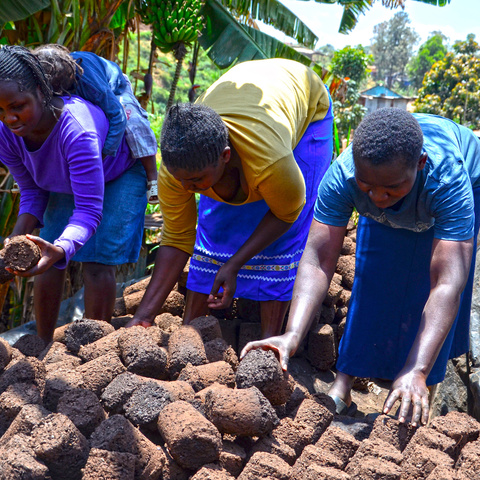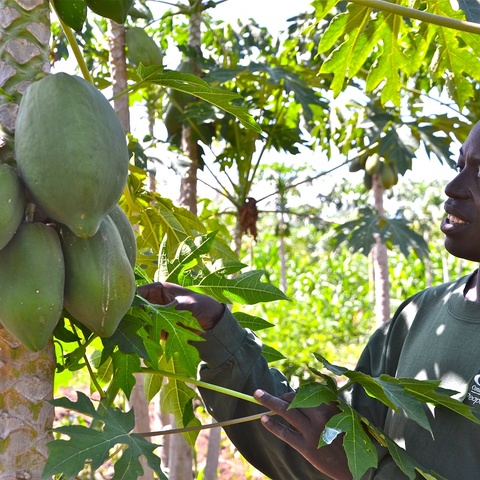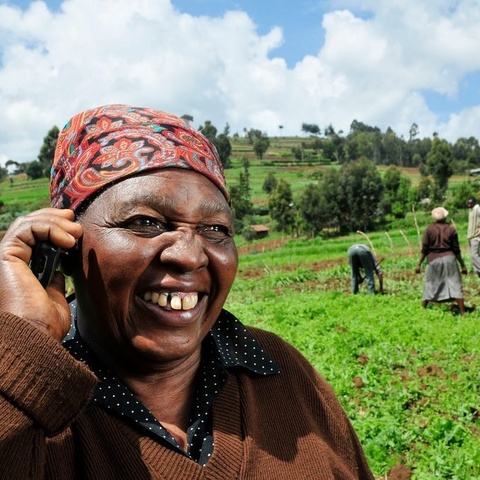This chapter assessed the influence of socioeconomic factors, plot characteristics, food security, and climatic variables on the adoption of Climate-Smart Agriculture (CSA) technologies in southern Tanzania. Using data collected from 357 households and 464 agricultural plots, a multivariate probit model (MVP) was estimated to assess determinants of adoption of CSA technologies, allowing for interdependence and trade-offs among technologies. The technologies considered included agroforestry, minimum tillage, improved crop varieties, manure, and irrigation. Results showed that slope of the plot, soil organic carbon (SOC) content, food security status, mean monthly precipitation and mean monthly temperature influenced the decision to adopt CSA technologies. Other factors that also influenced adoption included literacy index, access to agricultural information, credit, livestock ownership, and assets endowment. We further found complementarities in adoption between improved varieties and manure as well as agroforestry. The chapter recommends increased access to agricultural information and credit to enhance adoption of CSA technologies.
| Publication type | Journal article |
| Publisher | Handbook of Climate Change Resilience - Springer |
| Geographic scope | United Republic of Tanzania |
| Authors | Chris M. Mwungu, Caroline Mwongera, Kelvin M. Shikuku, Mariola Acosta, Peter Läderach |
| Year | 2018 |
| Citation | Mwungu C.M., Mwongera C., Shikuku K.M., Acosta M., Läderach P. (2018) Determinants of Adoption of Climate-Smart Agriculture Technologies at Farm Plot Level: An Assessment from Southern Tanzania. In: Leal Filho W. (eds) Handbook of Climate Change Resilience. Springer, Cham |
| Permanent link to publication |
https://link.springer.com/referenceworkentry/10.1007/978-3-319-71025-9_… |
Photo credit: C. Schubert.








